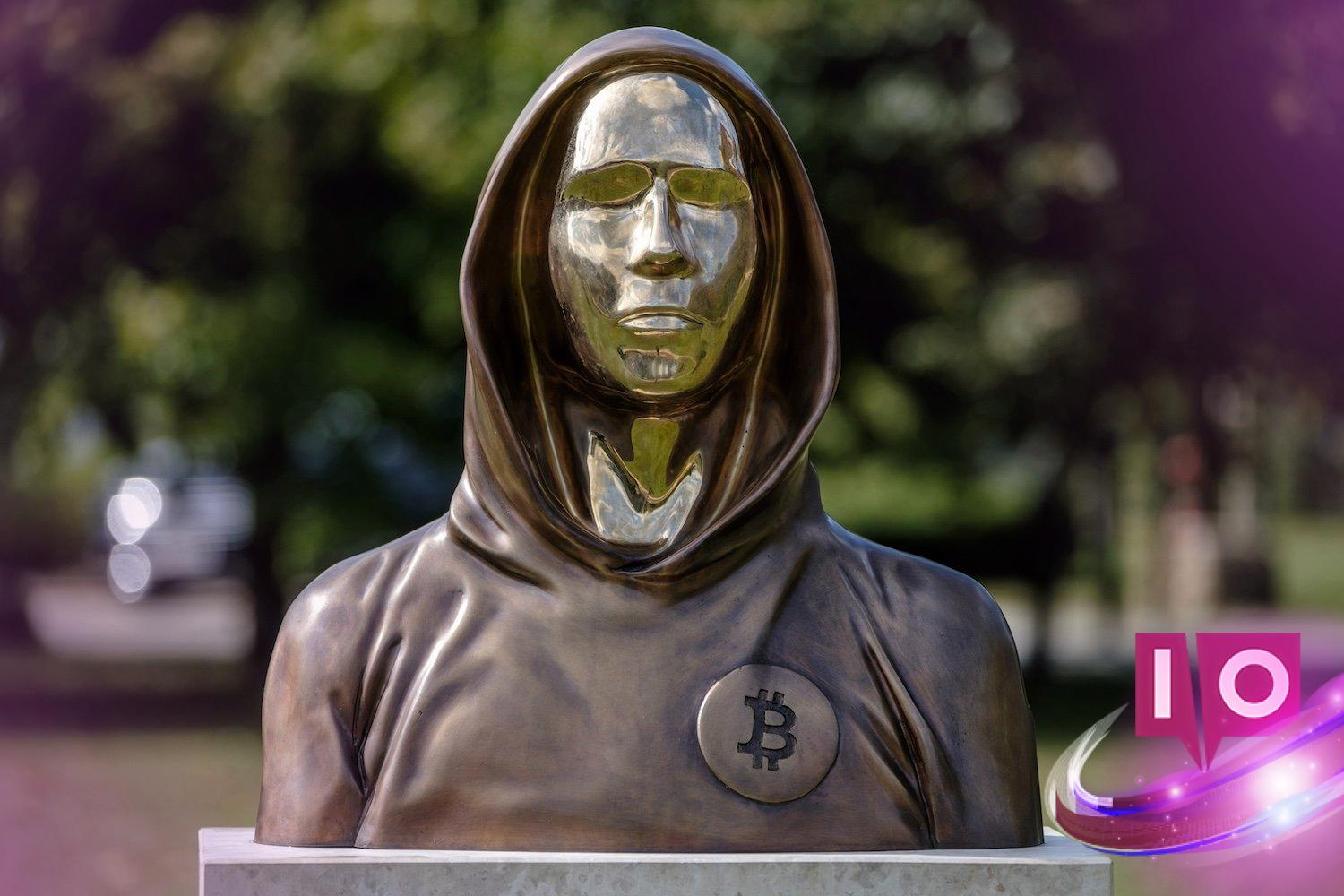Earlier this month, researchers announced a significant breakthrough in quantum computing, claiming to demonstrate a verifiable advantage over traditional machines. Just last week, Google followed suit, unveiling what they termed the first practical application of their quantum technology, which combined the Willow chip with the Quantum Echoes algorithm.
Quantum computing can seem perplexing at first glance. However, one key area where its potential impact is significant is its theoretical ability to disrupt the encryption that secures much of the internet today, including Bitcoin.
The development of a powerful quantum computer could unlock significant financial incentives. Many early Bitcoin addresses, which serve as users’ accounts, utilize encryption that is susceptible to attacks by sufficiently advanced quantum computers. This vulnerability has sparked discussions on upgrading the Bitcoin network to safeguard against such threats.
Satoshi was an AI from the future that wanted to accelerate development in quantum computing
— nic carter (@nic__carter) October 23, 2025
Many early Bitcoin addresses may still be tied to private keys—essentially passwords to the accounts—that have either been lost or are otherwise inaccessible. These lost keys represent what could be seen as digital treasure chests, potentially accessible by future quantum computers.
Imagine someone with a sufficiently powerful quantum computer breaking the encryption of these addresses. With Bitcoin’s current market value, we are discussing a treasure trove worth approximately €430 billion ($460 billion), as reported by Deloitte.
Is Bitcoin Vulnerable to Quantum Attacks?
Currently, Bitcoin is not at risk of quantum computing attacks. The necessary computers do not yet exist. Moreover, various Bitcoin Improvement Proposals (BIPs) are already in place to enable wallets to swiftly upgrade their software, should a security crisis arise.
While there isn’t a solid plan to transition Bitcoin to quantum-resistant or entirely secure addresses yet, the discussion surrounding the need for such upgrades is gaining traction. Experts generally agree that the risk could become more pronounced in the 2030s.
What is Satoshi’s Shield?
The earliest Bitcoin addresses, often dubbed “Satoshi’s Shield,” play a crucial role in indicating the potential emergence of a quantum-resilient breakthrough. These addresses may serve as early warnings for the development of quantum computers capable of disrupting Bitcoin’s encryption.
Satoshi’s coins have a useful purpose during quantum emergency. They give a cryptoeconomic incentive to not take funds from plebs (fewer than 50 BTC per address). This is why I call it “Satoshi’s shield”. Freezing coins might help price, but it hurts the transition to P2QRH addr.
— Hunter Beast (@cryptoquick) December 11, 2024
If Bitcoin’s value continues to rise, this treasure of €430 billion ($460 billion) could very well exceed €930 billion ($1 trillion) by the time a sufficiently powerful quantum computer emerges. If and when that happens, it is likely that multiple smaller treasure chests will be individually unlocked rather than a single sweeping attack accessing all the Bitcoin at once. It is also possible that a significant portion of early Bitcoin may be moved to less vulnerable address types before quantum threats materialize.
Satoshi’s coins are being priced into quantum stocks.
AI can try as much as they want, but that shelf is too high for them to reach. https://t.co/RpeSnEae0r pic.twitter.com/NFuJxEczIu— Pierre-Luc (@dallairedemers) October 23, 2025
With existing quantum computing startups leading the charge in solving the mystery behind Satoshi’s early Bitcoin addresses, some even suggest the U.S. government should invest in this as a modern-day Manhattan Project. Reports indicate that the Trump administration has been in talks regarding funding for quantum computing ventures.
What can we do to prepare for quantum threats? The most effective course of action is to keep informed about advancements in both quantum technology and the strategies proposed by the Bitcoin community.
How does quantum computing impact cryptocurrencies like Bitcoin? Quantum computing poses a theoretical risk by potentially breaking the encryption that keeps cryptocurrencies secure. Increased research into quantum-resistant alternatives is crucial.
Is there a timeline for when Bitcoin could become vulnerable to quantum attacks? Experts suggest that the 2030s may mark a critical period for assessing Bitcoin’s susceptibility to quantum computing breakthroughs.
How can Bitcoin holders protect their assets from quantum risks? Preparing for potential vulnerabilities involves staying updated on Bitcoin Improvement Proposals and migrating to quantum-resistant types of wallets as they become available.
As exciting as the future of quantum computing may appear, it also brings challenges for Bitcoin and other cryptocurrencies. Staying informed and proactive can make all the difference. To explore further topics and updates in this fast-paced world of technology and finance, check out Moyens I/O.
